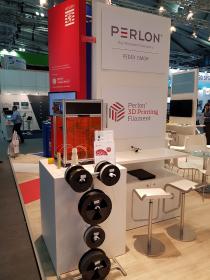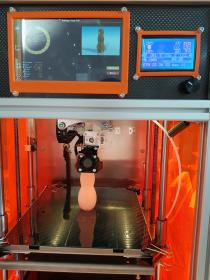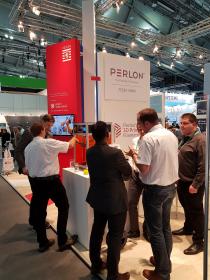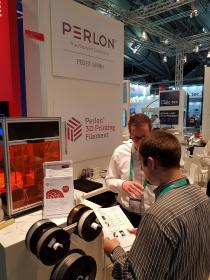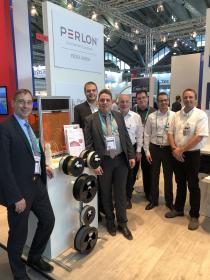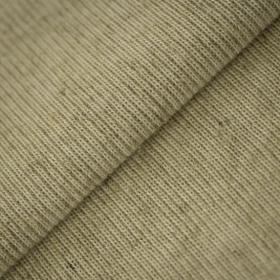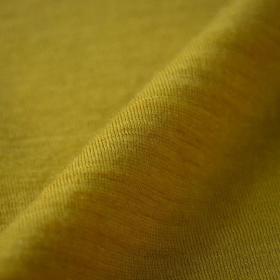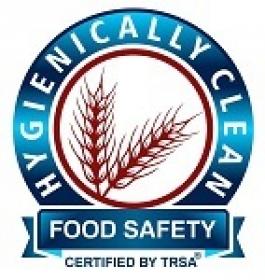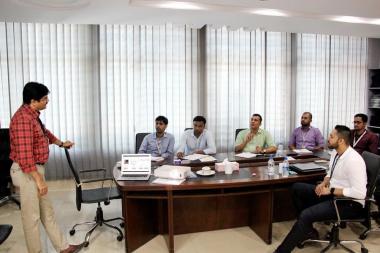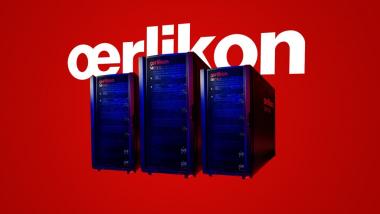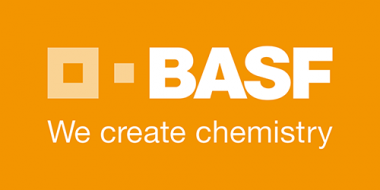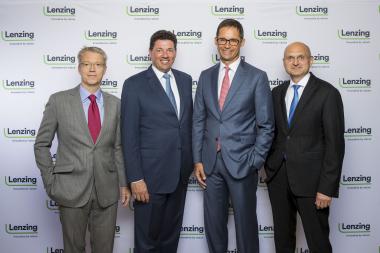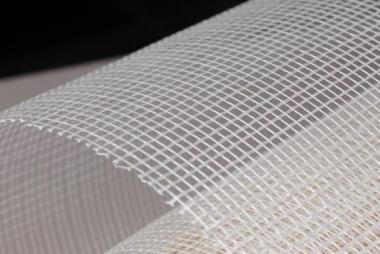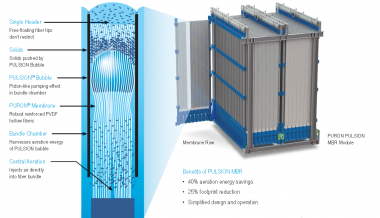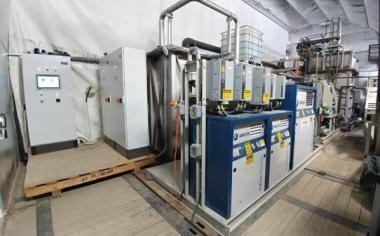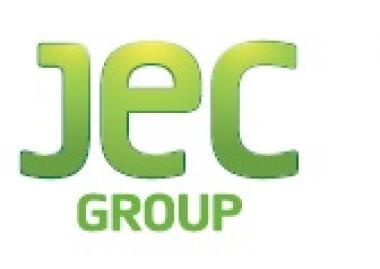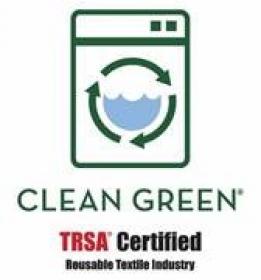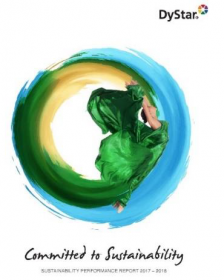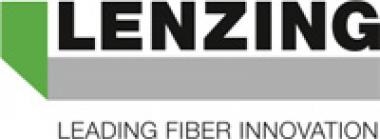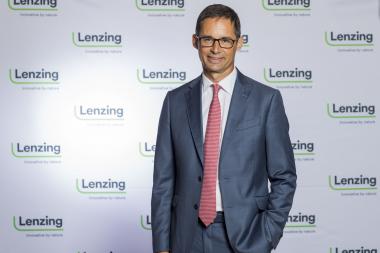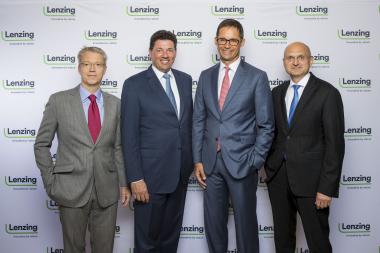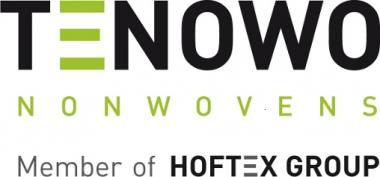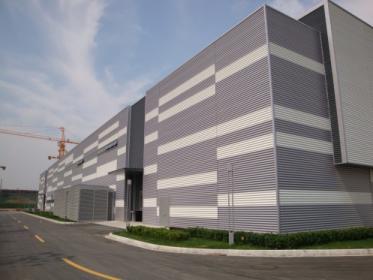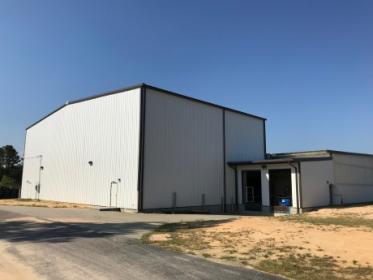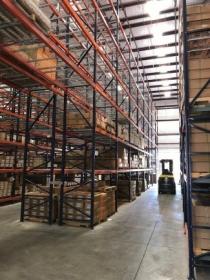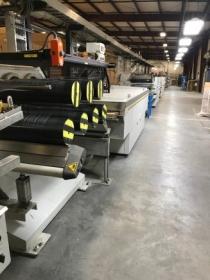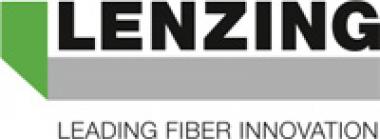PERLON® - The Filament Company surprised visitors at the Formnext exhibition
- The world’s leading exhibition for additive manufacturing takes place in Frankfurt am Main every year
- With 26,919 visitors, Mesago, organiser of Formnext in Frankfurt, reported a new record with numbers up by 25% on the previous year.
This year Perlon was amongst the 632 exhibitors from 32 countries for the first time, which, represented by Pedex GmbH from Wald-Michelbach, was a co-exhibitor on a stand for companies from the German region Hesse (Hessen Trade and Invest GmbH - HTAI). Some visitors were surprised to discover that the world leading manufacturer of synthetic filaments is also active in the 3D printing filament field. That the Perlon Group, known innovation and market leader in many fields of application, with its decades of experience in the development and manufacture of filaments, has entered into the 3D printing market was well received.
The fact we actually entered the market 6 years ago, was only known to a few experts in the field. In this time, Pedex GmbH had been producing a wide range of performance filaments for a well-known German 3D printer manufacturer, who since then has distributed exclusively under its own brand. The decision, to out ourselves as producer and supplier was taken in summer 2018. This new direction has two main aims, firstly to establish ourselves in the market as a manufacturer of Perlon® 3D printing filaments, producing both small batches and high volume on an industrial scale for professional applications, but secondly and most specifically to continue along the path as a toll manufacturing partner with long-term contracts on an industrial scale.
As a partner with universities/institutions and member of various research networks, we are close to the quickly advancing developments in this field, which is why we were really pleased to welcome Dr. Andreas Baar and Dr (Ing) Thomas Neumeyer onto our stand. They are both members of RESOPT3D (Netzwerk für ressourcenoptimierten 3D-Druck), Germany’s strongest user network for 3D technologies.
Together with Conspir3D in Rheinheim and its owner Jan Giebels, who 10 years ago was a co-founder of the company German RepRap, we were able to forge a partnership to distribute Perlon® 3D printing filaments. With his support we could competently advise trade visitors about filaments and 3D printing as a collective proactive team.
Next year, Formnext will take place from 19th to 22nd November 2019 for the first time in exhibition halls 11 and 12 at the Exhibition Centre in Frankfurt am Main. This will be a debut exhibition for the USA which will be exhibiting as first partner country at Formnext. The USA has a long tradition in the field of additive manufacturing and is one of the most important international exhibiting nations.
Perlon GmbH


